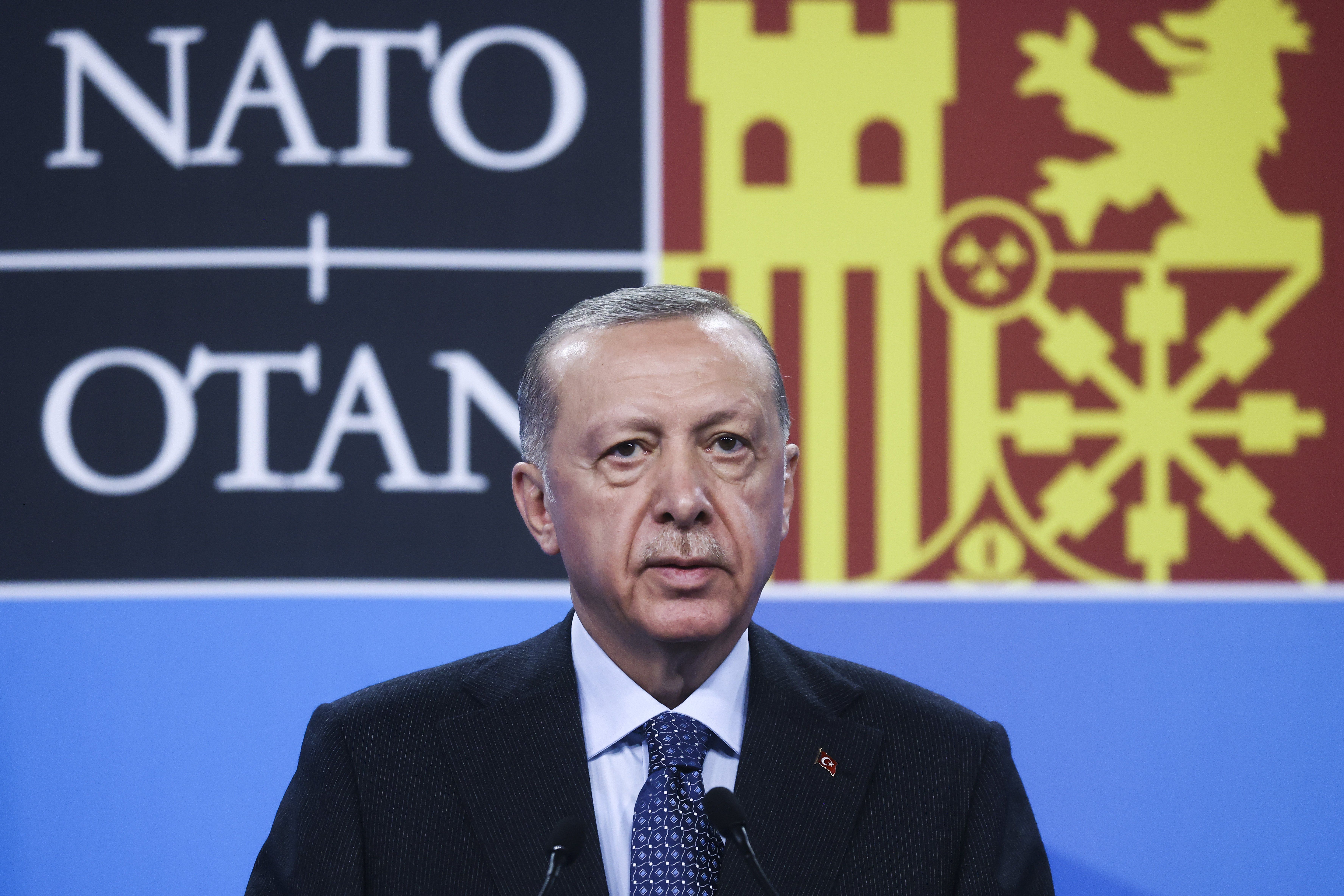Stockholm is finally within sight of joining NATO after Turkish President Recep Tayyip Erdogan on Monday submitted a bill to parliament approving Sweden’s membership. There is no set timeline for its passage, but a similar bill for Finland passed in 13 days.
The process had been held up over Ankara’s insistence that Sweden do more to clamp down on the Kurdistan Workers Party, whose armed wing has waged a decades-long insurgency in the eastern highlands. Stockholm promised to involve its intelligence agencies in asylum applications from Turkish Kurds, among other steps, but Ankara remained unsatisfied, dragging the process out.
It’s not clear that Sweden did anything in recent days to precipitate Erdogan’s acquiescence, but he has been facing increased exasperation from NATO allies. After all, he said he would pass on Sweden’s accession to parliament at the NATO summit in July. Getting even that far took the Biden administration dropping its objections to Turkey buying F-16 jets and Sweden promising to help with Ankara’s moribund European Union membership bid.
Since then, the world has changed considerably. With the war in Israel and Ukraine’s counteroffensive making torturously slow progress, Erdogan may sense a better deal is not in the cards. And, with his F-16s held up by the US Senate, he may also sense the time is right to give a little in order to gain a little rhetorical leverage.
